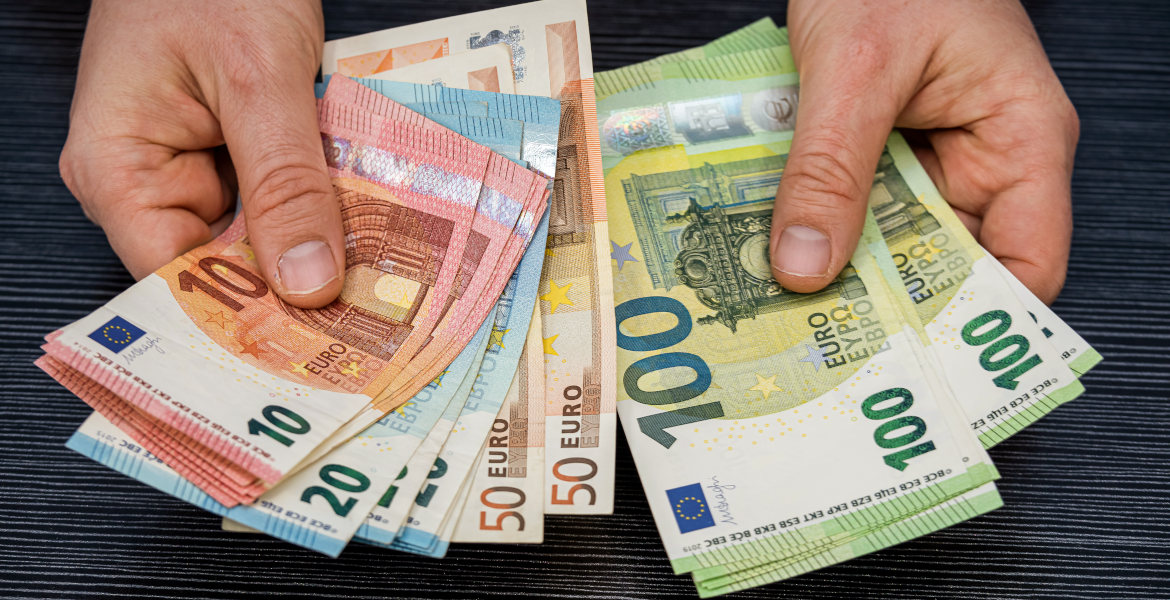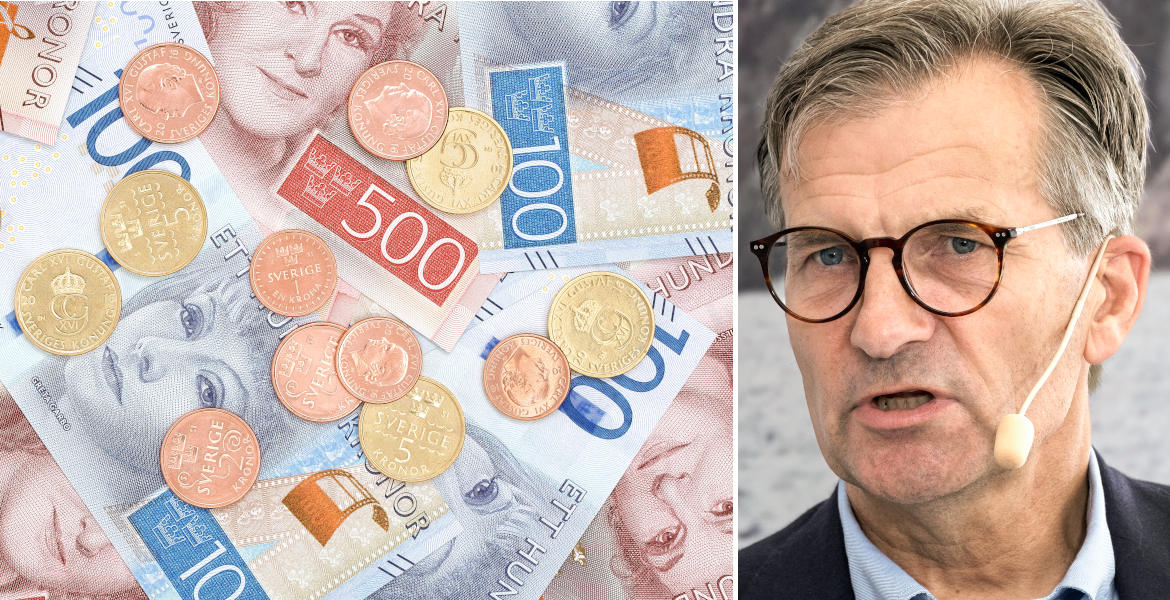Digital payment methods could pose a threat to cash, according to the Riksbank. If the government does not take sufficient measures, it could mean that cash becomes unusable in the future, which could be very problematic in crisis situations, for example.
Sweden has long been moving towards a completely cashless society, which can be seen in the Riksbank’s latest payment report from March this year, where only one in ten Swedes paid for their last purchase with cash. This compares with 2010, when around four in ten purchases were made with cash.
The Riksbank now warns that there are tangible downsides to increased digitization, and that the development must instead be slowed down, as fewer and fewer people can pay with cash today.
– If active decisions are not taken now, we could have a situation in the not too distant future where cash is practically unusable in Sweden, and since we think that cash should be able to function as an alternative means of payment, for example in a crisis situation, we think that the government must take active decisions now to slow down such a development, Elin Ritola, head of unit at the Riksbank, tells the tax-funded SVT.
“Must slow down the development”
In addition, the government must take more measures to ensure that cash can be used in society. At the beginning of the year, however, an investigation was launched to review the position of cash in society, including a review of the possibility of paying with cash for essential goods such as medicines, food and fuel.
– We urgently need to look at the possibility of paying in cash for certain goods, not least because there are groups who, for various reasons, find it difficult to use digital payment methods. It is also important to look at the issue from a preparedness perspective, finance minister Niklas Wykman said in January.
However, the Riksbank, which is supporting the study, believes that further measures are needed to keep cash in society, including legislation to ensure that larger retailers can accept cash, that banks can accept deposits of banknotes and coins, and that all shops and cafes can deposit their daily takings at the bank without any limit on the amount.
– We need to slow down a development where fewer and fewer people are able to pay with cash, says Ritola.









